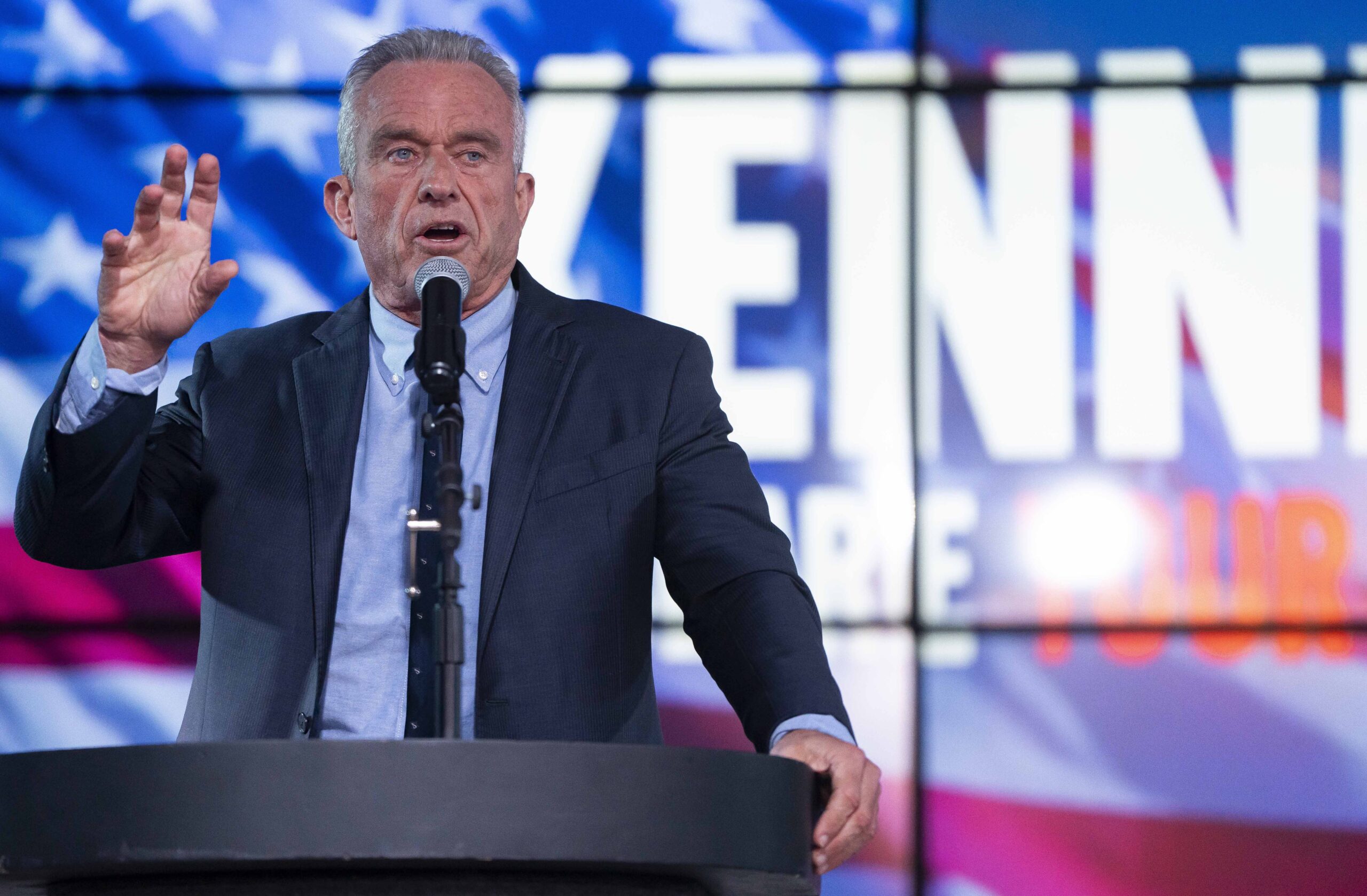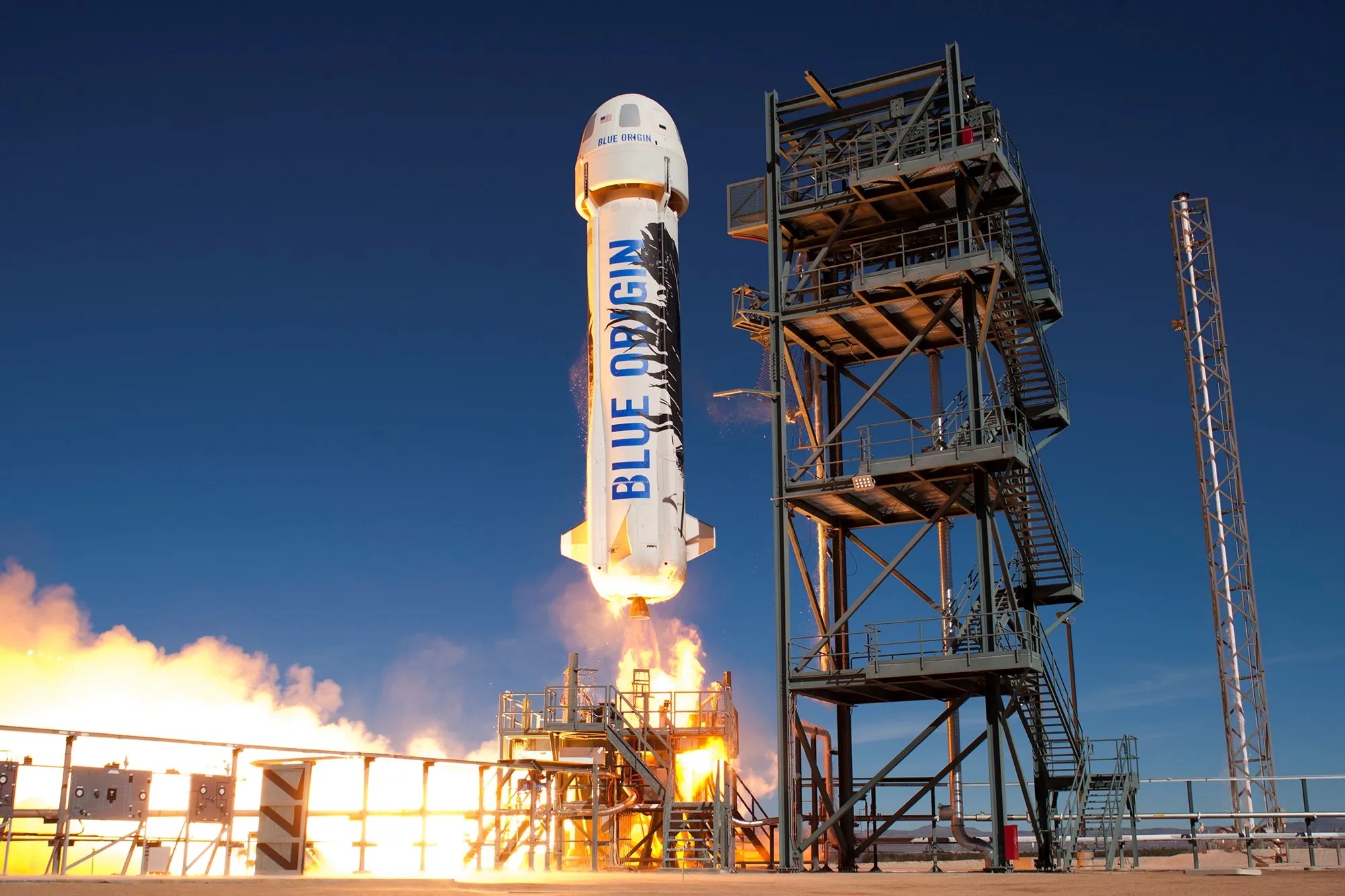In a Series A funding round, Sona, a workforce management platform for frontline employees, has acquired $27.5 million
Reportedly, over two-thirds of the labor force in the United States is employed in frontline positions, covering various sectors including hospitality, customer service, retail, and healthcare.
However, overseeing such a large workforce, guaranteeing the fulfillment of positions, and providing service is labor-intensive. Since its inception three years ago, Sona has been striving to assist in that area.
“Sona intelligently deploys our customers’ largest cost base — frontline labour. This not only optimises their cost base, it also directly drives more revenue — you can’t sell food or deliver care without staff being scheduled correctly.”
Sona’s co-founder, Steffen Wulff Petersen
Sona, which was established in 2021 in London, assists businesses in managing virtually every aspect of their frontline staff, including shift scheduling, timesheets, feedback collection, absence management, and liaisoning with agencies to ensure duties are covered during staff shortages.
Employers use a mobile application to access Sona, whereas supervisors typically use a web portal. Employees can communicate with managers, view available shifts, and submit timesheets.
Organizations incorporate Sona into their internal systems to facilitate data exchange among departments and constituents.

Image Credits: Sona
Sona states that, as expected in the twenty-first century, it automates several workforce management processes with the help of artificial intelligence, including optimizing rosters using information extracted from employees’ contracts, including their working preferences, terms of employment, and availability.
Thus, simplifying manual administration to save time is crucial.
“Running a business with a large frontline workforce is primarily about ensuring the right people are in the right place at the right time. Sona becomes the central jumping off point for a large proportion of our customers’ operations, which means we integrate with nearly all of their other systems — from care management and point-of-sale, to single-sign-on and ERP (enterprise resource planning). It’s this deep level of integration that facilitates our AI product, because we’re the one system that can provide a unified, real-time view of data across the whole business.”
Sona’s co-founder and CTO, Ben Dixon
In addition to established entities like Selima in the hospitality industry and PeoplePlanner in social care, many financially supported startups compete in a sector analogous to Sona’s.
To name a few, ConnectTeam and Homebase are among them; the latter just last month disclosed a $60 million fundraising effort.
Petersen asserts that it intends to distinguish itself from at least a portion of these competitors by concentrating on more prominent organizations and fusing “consumer-grade design” with functionalities necessary for more intricate multi-site operations.
“Most newer, VC-backed players in the workforce management space are built for SMBs, with an easy and simple self-signup product. That’s a great approach for small businesses with 1-10 sites, and there’s millions of those businesses to target. We rarely cross paths with the SMB vendors because enterprise customers need the opposite product — one that handles deep complexity.”
Sona’s co-founder, Steffen Wulff Petersen
Sona’s selling point is not its ease of deployment: Petersen claims that the implementation process takes several months, while the demonstration alone takes three hours. “Think Salesforce versus Pipedrive,” Petersen advised.
When clients fail to satisfy our enterprise criteria, we transfer to certain SMB vendors.
THE EXPANSION
Sona is presently operational in the hospitality and social care sectors in the United Kingdom, with Gleneagles and Estelle Manor among its clientele.
Now that an additional $27.5 million has been deposited, the organization is preparing to expand internationally; its new principal investor provides insight into its target markets.
Series A funding was led by Felicis, a venture capital firm based in Menlo Park. In the past, Felicis sold investments in Ring to Amazon, Fitbit to Google, and publicly traded Shopify.
Google’s Gradient Ventures, which headed Sona’s seed round two years ago, is among the other notable backers. Bag Ventures, Antler, SpeedInvest, and Northzone also participated in the most recent round.
Sona has amassed over $40 million in funding since its inception.
The company has stated that it will “build more advanced AI capabilities” and accelerate its international plans, including its first foray into the United States, with the funds it has received.
“The U.S. will be an important market for Sona. We now have both Felicis and Gradient onboard, have hired our first two US based employees, and have signed our first six-figure Alpha customer,” Petersen said.
Sona’s co-founder, Steffen Wulff Petersen



